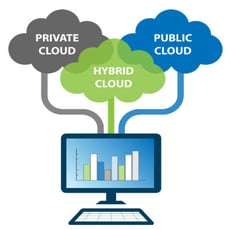Resources
Get insights, answers, and inspiration—all built to keep you ahead in tech.

03-28-2025

03-19-2025

03-17-2025

11-29-2024

08-14-2024